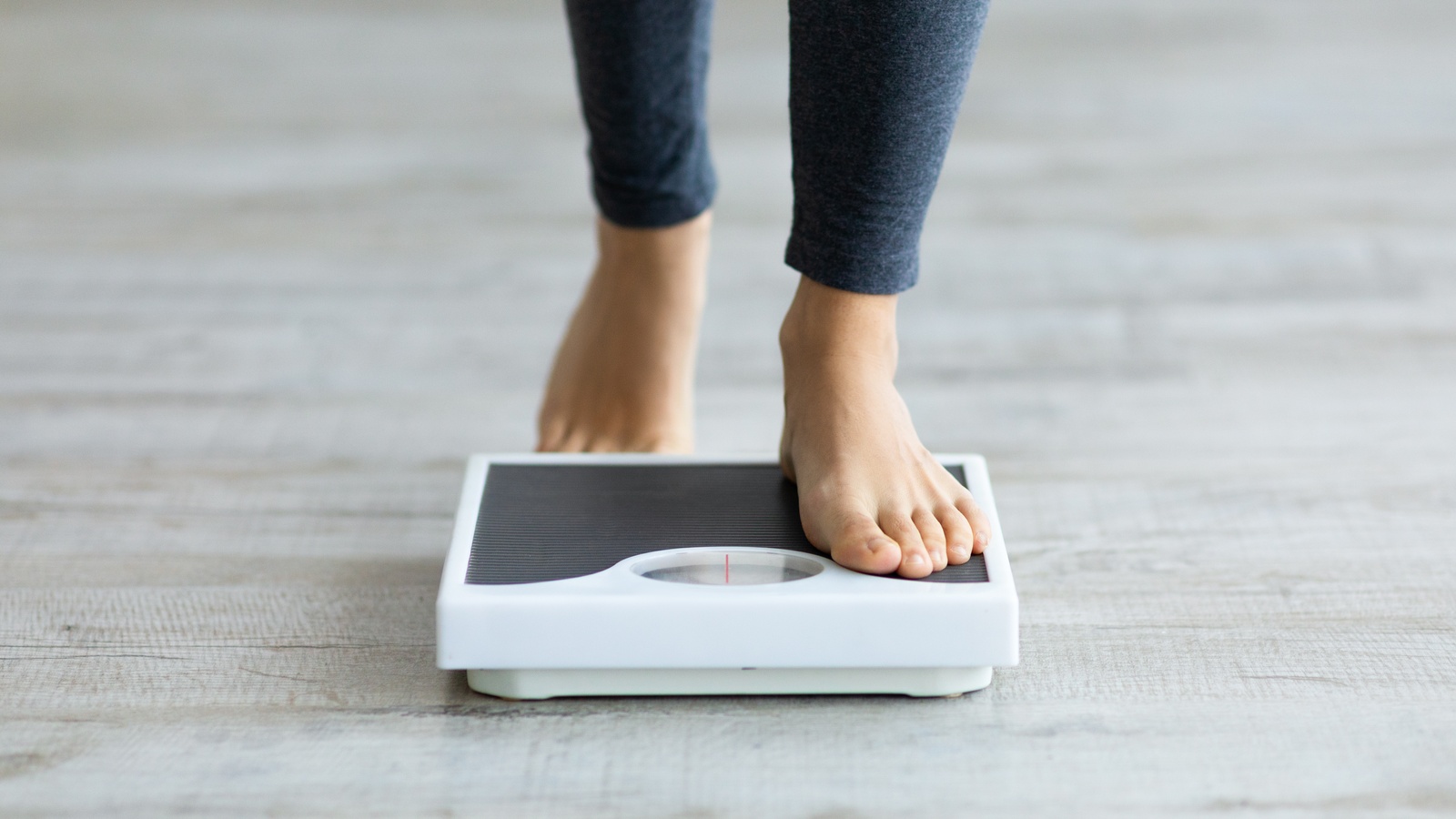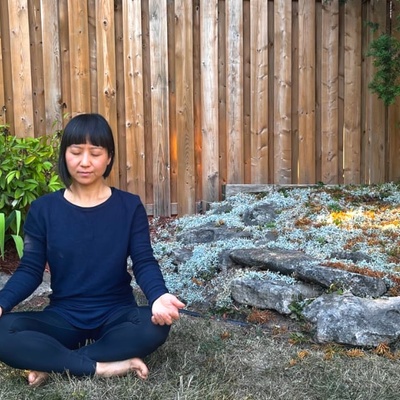Articles / Healthy Living
Feb 16, 2025
16K Views
Top Reasons Why Weight Loss Gets Harder as You Age
By The Food Matters Team
As we age, it seems like the weight we once easily shed now clings to us a little longer, despite our best efforts. Many of us find ourselves wondering: Why is it harder to lose weight as I get older? The answer is complex, involving shifts in metabolism, hormones, muscle mass, and lifestyle. But understanding these changes can empower you to take a more strategic approach to your health, rather than feeling frustrated or defeated.
Here’s why weight loss becomes trickier as the years go by—and what you can do about it.
1. Metabolism Slows Down
One of the most significant factors contributing to weight gain as we age is a slowing metabolism. Our metabolism is the process by which our bodies convert food into energy. When we’re younger, this process tends to be faster, meaning we can burn calories more efficiently. As we age, particularly after the age of 30, metabolism starts to decline—about 5% per decade.
This slowdown means that even if you’re eating the same foods and exercising at the same intensity as you did in your 20s, your body is burning fewer calories at rest. Consequently, fewer calories are being expended, and they may be stored as fat if not accounted for with adjustments in diet or activity.
What can you do? To combat this, it’s essential to focus on activities that boost metabolism, such as strength training and high-intensity interval training (HIIT). Building and maintaining muscle mass is key because muscle burns more calories than fat, even when you’re at rest. Even small changes, like incorporating weight-bearing exercises, increasing protein intake, and staying hydrated and managing stress can make a significant difference.
2. Loss of Muscle Mass (Sarcopenia)
Muscle mass naturally declines as we age, a condition known as sarcopenia. After around the age of 30, you may lose up to 3-8% of muscle mass per decade. By the time you reach your 50s and beyond, this rate can increase. Less muscle means a slower metabolism and reduced calorie-burning potential.
Moreover, muscle is metabolically active tissue, meaning it requires energy to maintain. When we lose muscle, our body burns fewer calories, even during rest, making it harder to maintain or lose weight.
What can you do? Resistance training is the most effective way to maintain and even build muscle as you age. Incorporating exercises like squats, lunges, push-ups, and resistance band workouts into your routine can help prevent muscle loss. Aim for at least two strength-training sessions per week to counteract sarcopenia.
3. Hormonal Changes
Hormonal shifts that occur as we age, particularly during menopause for women and andropause for men, can have a significant impact on weight loss.
For women, a decrease in estrogen levels during menopause can lead to increased fat storage, especially around the abdomen. This is often why many women report gaining weight during perimenopause and menopause, even if their eating habits and activity levels haven’t changed.
In men, a drop in testosterone levels as they age can lead to a decrease in muscle mass, which also contributes to weight gain and a slower metabolism.
What can you do? Balancing hormones through diet, exercise, and lifestyle changes can help. Eating a nutrient-dense, anti-inflammatory diet with plenty of healthy fats, fiber, and protein can support hormonal balance. Additionally, prioritizing stress management techniques, like yoga or meditation, can reduce the impact of cortisol, the stress hormone, which also plays a role in weight gain.
4. Decreased Physical Activity
It’s not just what happens inside the body that makes weight loss harder as we age—it’s also how we live. As we age, many people experience a decline in physical activity. Whether it’s due to a sedentary job, aches and pains, or simply having less energy, the decrease in physical activity contributes to weight gain and a sluggish metabolism. Plus, without regular movement, we’re at risk of losing even more muscle mass.
What can you do? Make movement a part of your daily routine, even if it’s low-impact. Walking, swimming, cycling, or even gentle yoga can provide huge benefits for your metabolism, muscle tone, and overall well-being. Aim to incorporate at least 150 minutes of moderate-intensity exercise into your week. Even small, consistent efforts can make a difference.
5. Changes in Appetite and Eating Habits
As we age, changes in appetite and eating habits are also common. Some people experience a reduced appetite, which might seem like a blessing when trying to lose weight, but it can also mean you’re not getting the nutrients you need to support a healthy metabolism and muscle mass. Others may experience an increased appetite or cravings, often driven by hormonal imbalances or emotional triggers.
What can you do? Mindful eating can help you tune in to your body’s actual hunger signals. Focusing on nutrient-dense, whole foods—especially those rich in fiber, protein, and healthy fats—can keep you satisfied for longer and help prevent overeating. Additionally, managing emotional eating with mindful practices or talking to a therapist can help you address the underlying triggers of unhealthy eating habits.
6. Sleep and Stress Impact Weight Loss
Sleep disturbances and increased stress levels are often a part of aging. Poor sleep can interfere with the production of hunger-regulating hormones like ghrelin and leptin, leading to overeating or cravings. Elevated stress levels, on the other hand, can lead to the production of cortisol, a hormone that promotes fat storage, particularly in the abdominal area.
What can you do? Prioritize good sleep hygiene—aim for 7-9 hours of sleep per night—and incorporate stress-reducing activities like meditation, deep breathing exercises, or journaling into your routine. These changes can help regulate your hormones and improve your ability to lose weight.
7. Dietary Adjustments Are Key
Lastly, as you age, the nutritional needs of your body evolve. What you used to do to lose weight might not work anymore because your body requires different fuels to maintain optimal function.
What can you do? Focus on a balanced, anti-inflammatory diet that includes plenty of fruits, vegetables, lean proteins, healthy fats (such as olive oil, avocado, nuts and seeds, and fatty fish), and whole grains. Reducing refined sugars and processed foods can also help stabilize blood sugar levels and reduce inflammation, both of which are important for maintaining a healthy weight.
While weight loss becomes more challenging as we age, it’s certainly not impossible. With the right combination of diet, exercise, and lifestyle adjustments, you can continue to manage your weight effectively, no matter your age. By understanding the biological and lifestyle factors at play, you can approach weight loss with a sense of empowerment rather than frustration, setting realistic goals and enjoying the journey toward better health.
Aging is a natural part of life, but it doesn't have to mean surrendering to the scale. By adjusting your habits and strategies, you can embrace aging with vitality, energy, and confidence.













